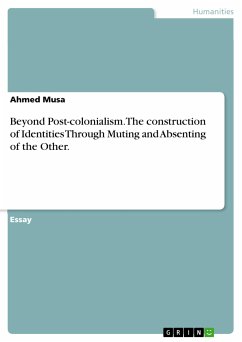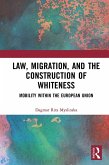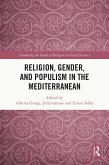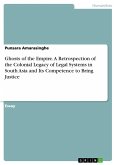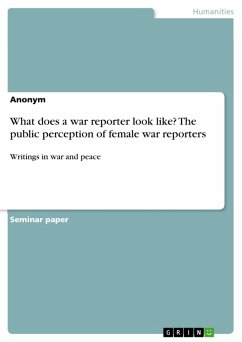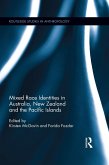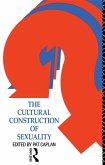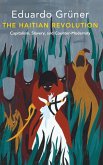Essay from the year 2021 in the subject Cultural Studies - Middle Eastern Studies, grade: 95, , language: English, abstract: This paper is an attempt to trace the absence of the West in the cultural creative modes of knowledge productions that emerged post the Arab social movements in Tunisia and Egypt. Whenever we discuss or approach the subject of the construction of identities in post-colonial studies: the West- who I represent here as the "other"- is largely but not entirely perceived as consolidating against or formulating the identities of the East or the identities of the "Rest". This is evident in not only the revered works of prominent theorists like Edward Said, Homi Bhabha, and Gayatri Spivak, but also in the works of other post-colonial theorists and writers that emerged afterward. However, during the Arab Spring - one of the most solidaristic and transcultural Arab movements that searched for more stable governing models at crossroads of global, regional, and national challenges- creative new forms of formulating identities beyond post-colonial theory emerged, such as; the Arab Spring poetic slogans as creative modes of knowledge production, which moved away from the previous discourse of the post-colonial Arab intellectuals built on a bifurcation identity, and also in tandem revolting the internal regimes of knowledge production. The new forms of cultural productions not only represented moments of self-emergency, social solidarity, and construction of the "self'"during traumatic moments, but also in tandem absented and muted the West and East binaries and antithesis of representation.
Dieser Download kann aus rechtlichen Gründen nur mit Rechnungsadresse in A, B, BG, CY, CZ, D, DK, EW, E, FIN, F, GR, HR, H, IRL, I, LT, L, LR, M, NL, PL, P, R, S, SLO, SK ausgeliefert werden.

